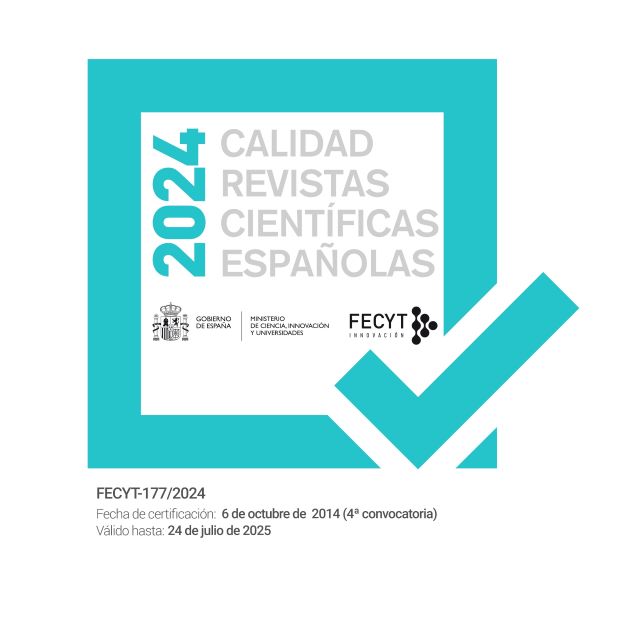LA COMPETENCIA LEGISLATIVA CIVIL DE LA GENERALITAT.
Palabras clave:
ESTATUTO DE AUTONOMÍA, COMUNIDAD VALENCIANAResumen
La reforma del Estatuto de Autonomía de la Comunidad Valenciana, llevada a cabo por la Ley Orgánica 1/2006, de 10 de abril, tuvo como objetivos elevar al máximo el techo competencial del autogobierno valenciano y lograr el reconocimiento de la Comunidad Valenciana como nacionalidad histórica, entre otros motivos, por su Derecho Civil foral. Este planteamiento estatutario exigía revisar el alcance de la competencia legislativa en materia de Derecho Civil de la Generalitat tal como quedó diseñado por la sentencia 121/1992 del Tribunal Constitucional. Esta revisión, objeto del presente trabajo, parte de dos premisas básicas: el respeto al planteamiento doctrinal inicial del TC acerca del carácter transferido de la competencia y de la razón de ser de tal transferencia centrada en la tutela de la foralidad civil, por un lado, y la crítica del alcance de la foralidad civil valenciana tutelable mediante el ejercicio de tal competencia transferida centrada exclusivamente en la llamada, por el propio TC, costumbre foral, doctrina que, además, ha llevado, en la práctica, al vaciado de la competencia pese a las cinco leyes orgánicas que, desde 1982, fecha del primer Estatuto de Autonomía de la Comunidad Valenciana, han abordado el alcance de la competencia como si los valencianos no hubieran sufrido la abolición foral que fue consecuencia del alineamiento de la mayoría de los valencianos y de sus instituciones de gobierno con las pretensiones dinásticas de la casa de Austria frente a la dinastía borbónica que es la que finalmente triunfó en la Guerra de Sucesión. Esta proposición interpretativa del alcance de la transferencia que se estudia y fundamenta en este trabajo y que se llevó a cabo en el Estatuto de 2006, aprovechando la singular y trascendente naturaleza jurídica, material y formal, del Estatuto como norma institucional básica de una comunidad autónoma y su pertenencia al bloque de constitucionalidad, ha cristalizado en dos normas civiles: la Ley 10/2007, de 20 de marzo, de la Generalitat, de Régimen Económico Matrimonial Valenciano, reformada por la Ley 8/2009, de 4 de noviembre, y la Ley 5/2011, de 1 de abril, de la Generalitat, de Relaciones Familiares de los hijos e hijas cuyos progenitores no conviven. La primera de ellas, no las otras dos, recurrida por el Presidente del Gobierno ante el TC, aunque en vigor desde el día 1 de julio de 2008 en virtud de auto del TC de 12 de junio de 2008 que levantó la suspensión solicitada por el recurrente.










